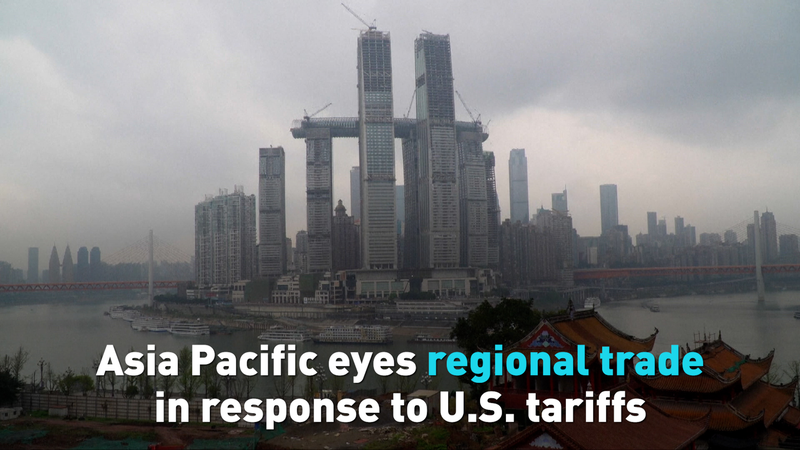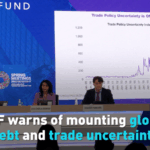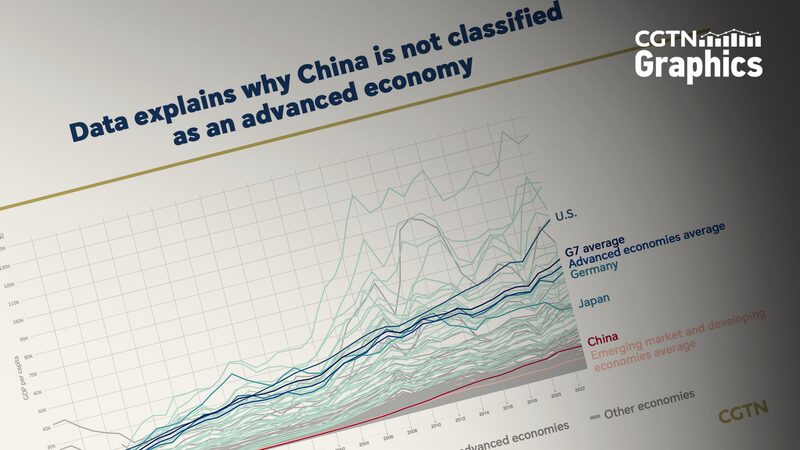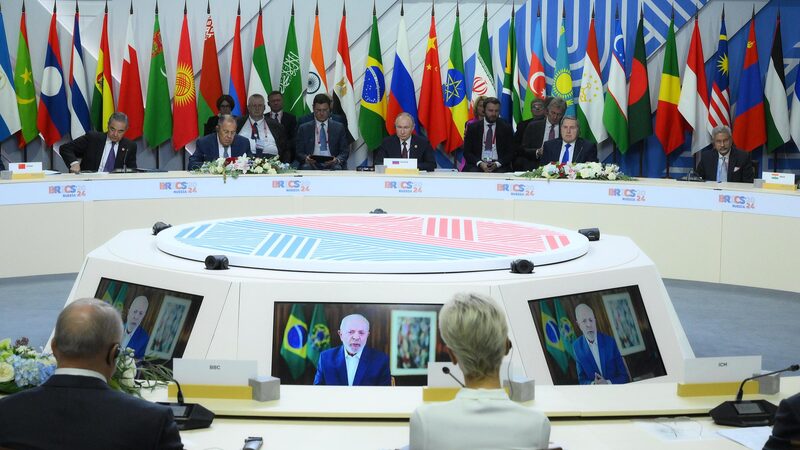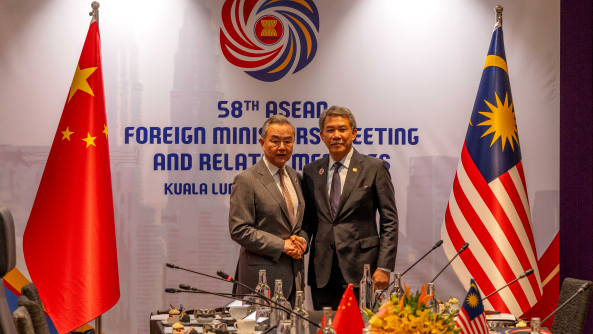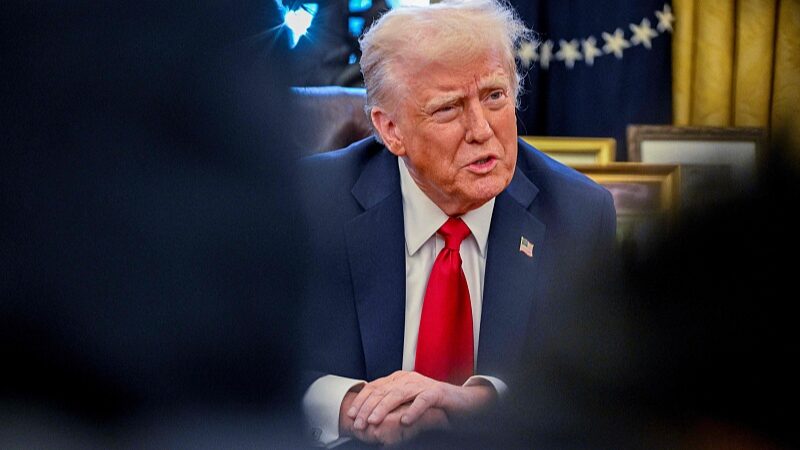Asia Pacific economies are accelerating efforts to deepen regional trade integration as U.S. tariff policies reshape global commerce patterns, according to discussions at the International Monetary Fund's spring meetings. Data shows the region accounts for 40% of global imports affected by recent U.S. trade measures.
IMF analysts suggest nations from Japan to Indonesia are increasingly viewing expanded intra-regional cooperation as a buffer against external trade volatility. Proposals under consideration include harmonizing digital trade standards and streamlining customs procedures across ASEAN+3 nations.
Shifting Supply Chains
Manufacturing hubs like Vietnam and Malaysia have reported increased interest from multinational corporations seeking to establish parallel production networks within Asia. This trend aligns with regional efforts to develop alternative trade corridors through initiatives like the Digital Economy Partnership Agreement.
While challenges remain in aligning diverse regulatory frameworks, recent agreements on green energy components trade suggest growing political will. The upcoming ASEAN Economic Ministers meeting is expected to deliberate on fast-tracking digital services integration.
Reference(s):
Asia Pacific eyes regional trade in response to U.S. tariffs
cgtn.com
